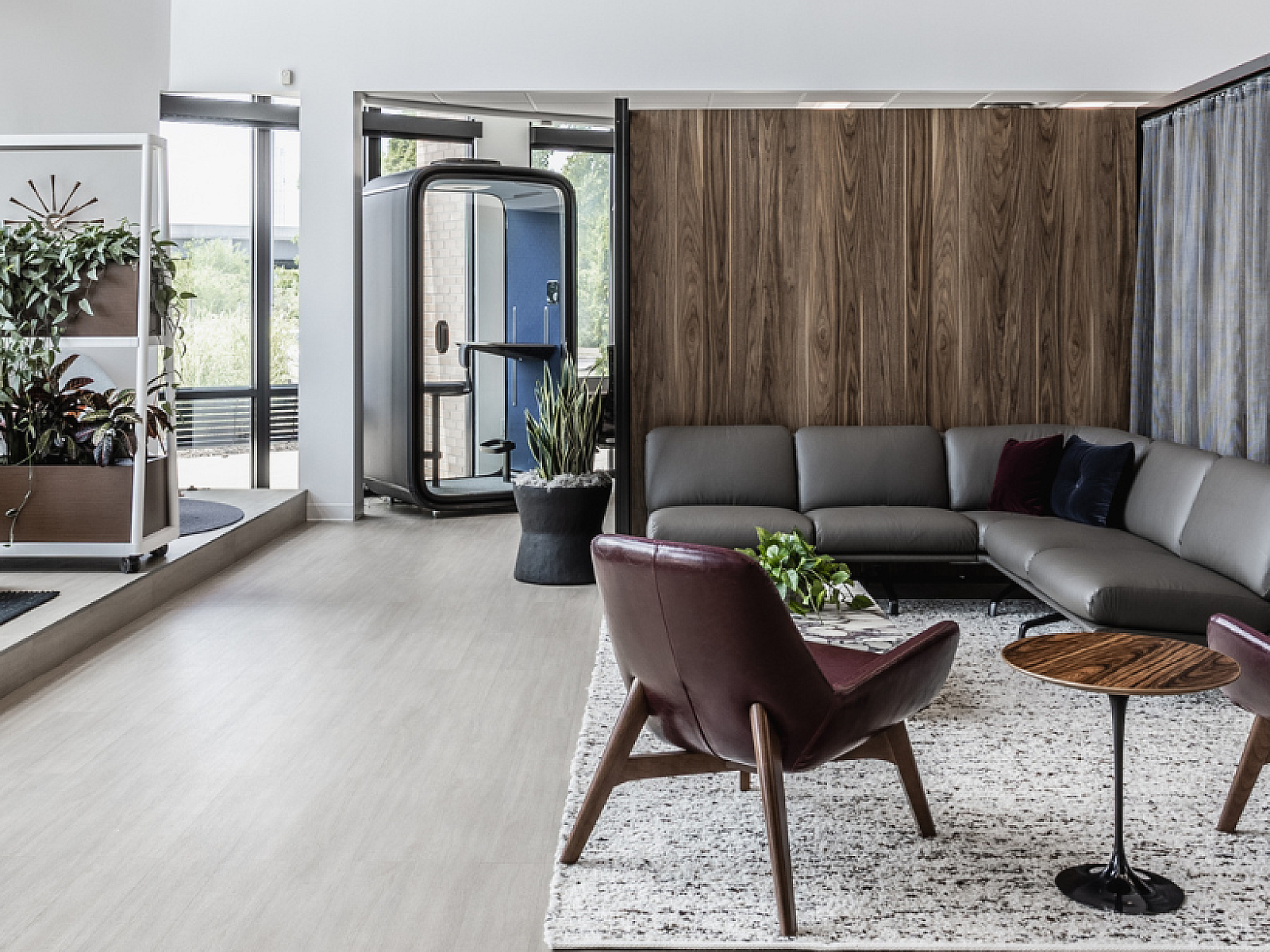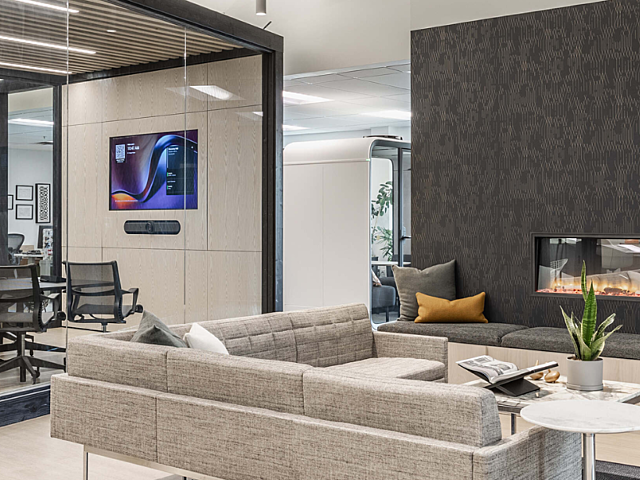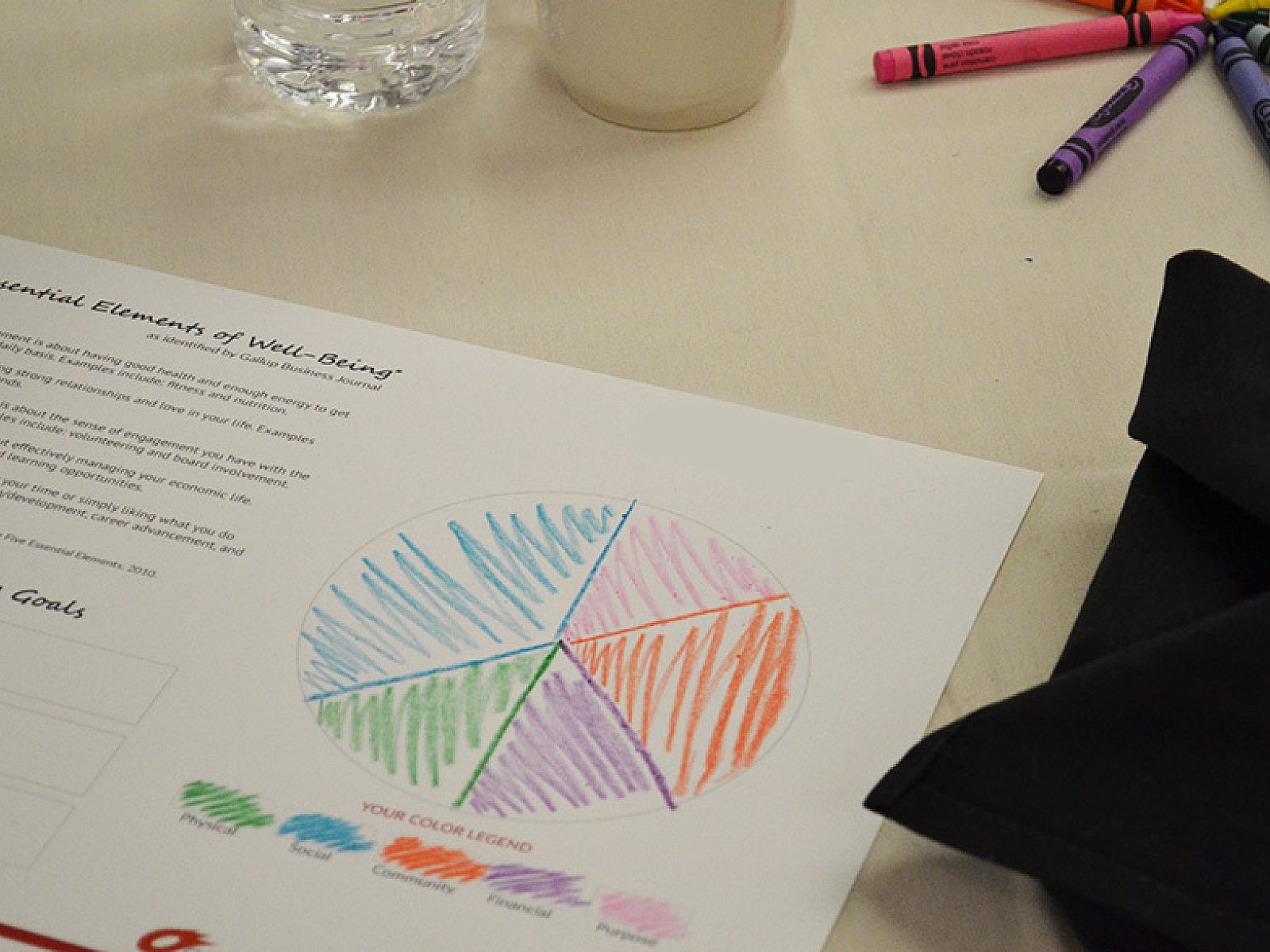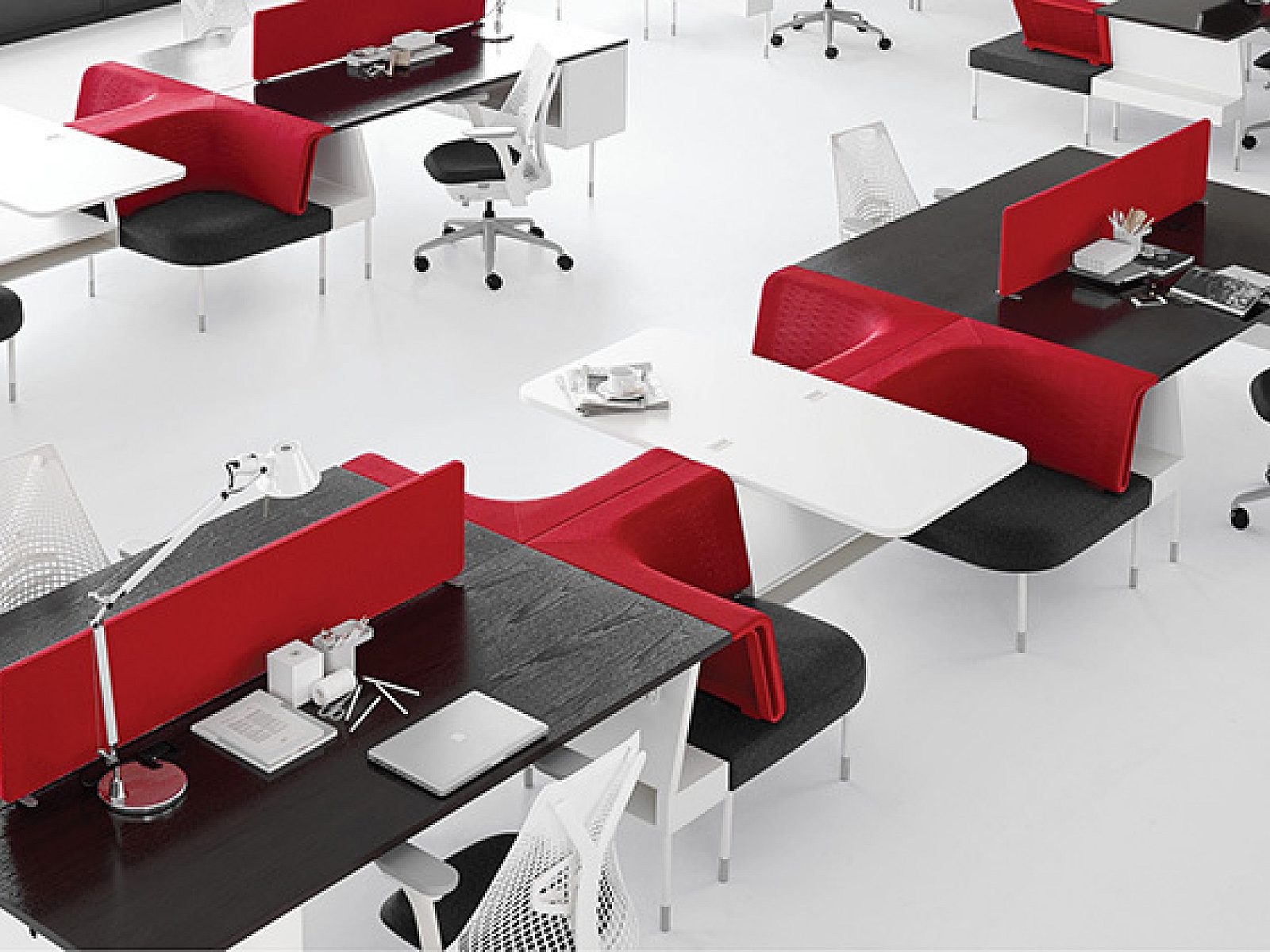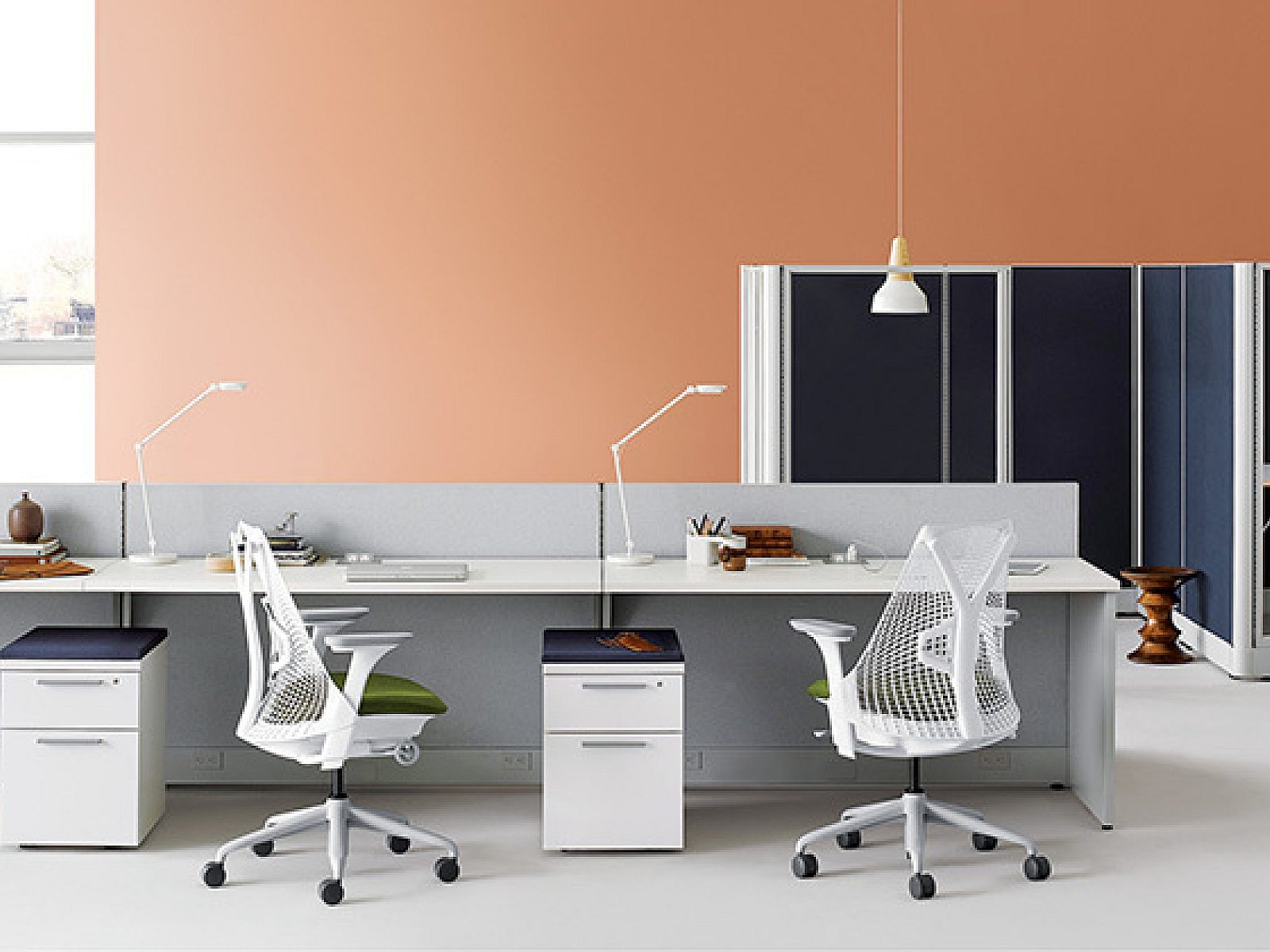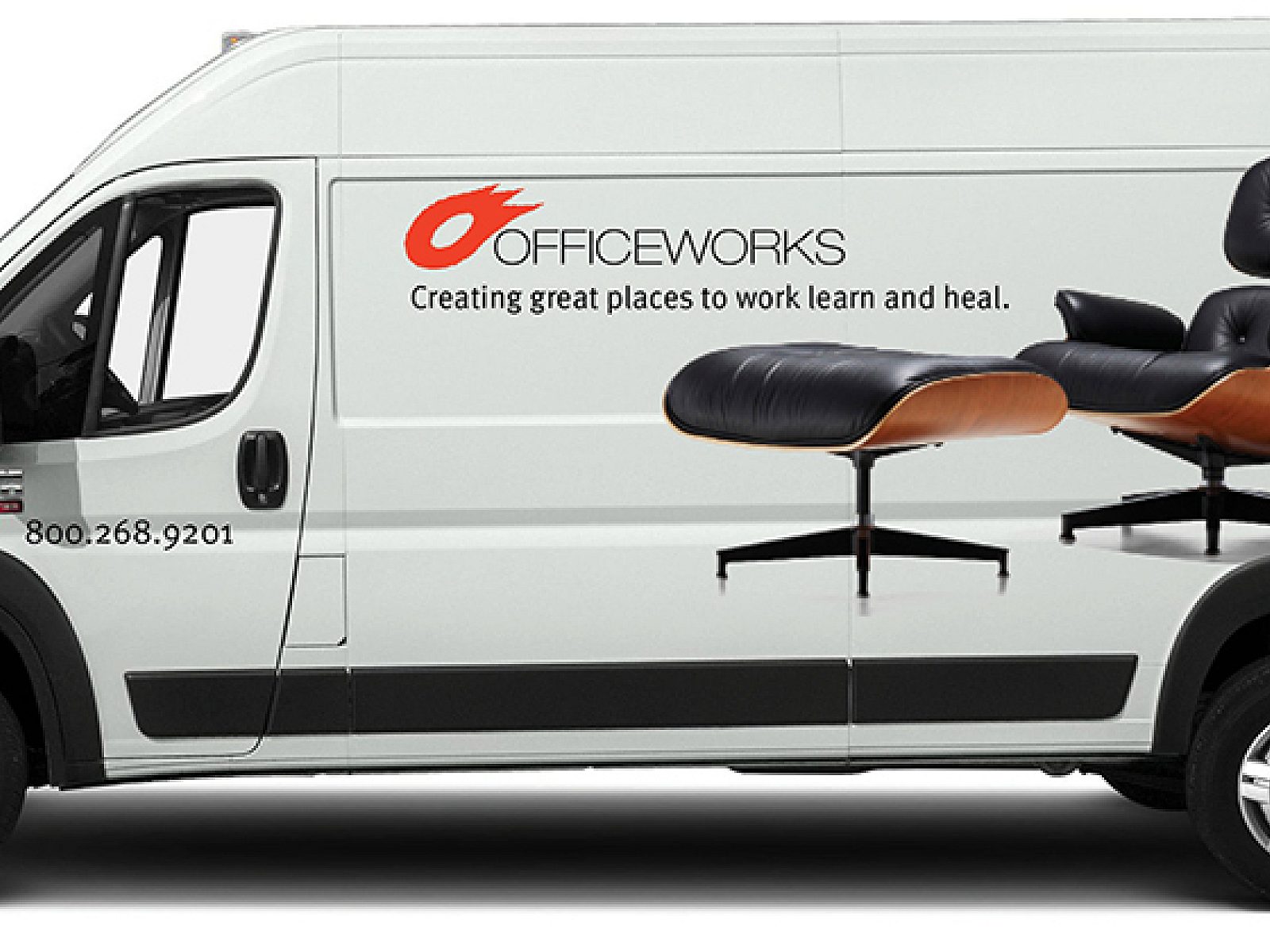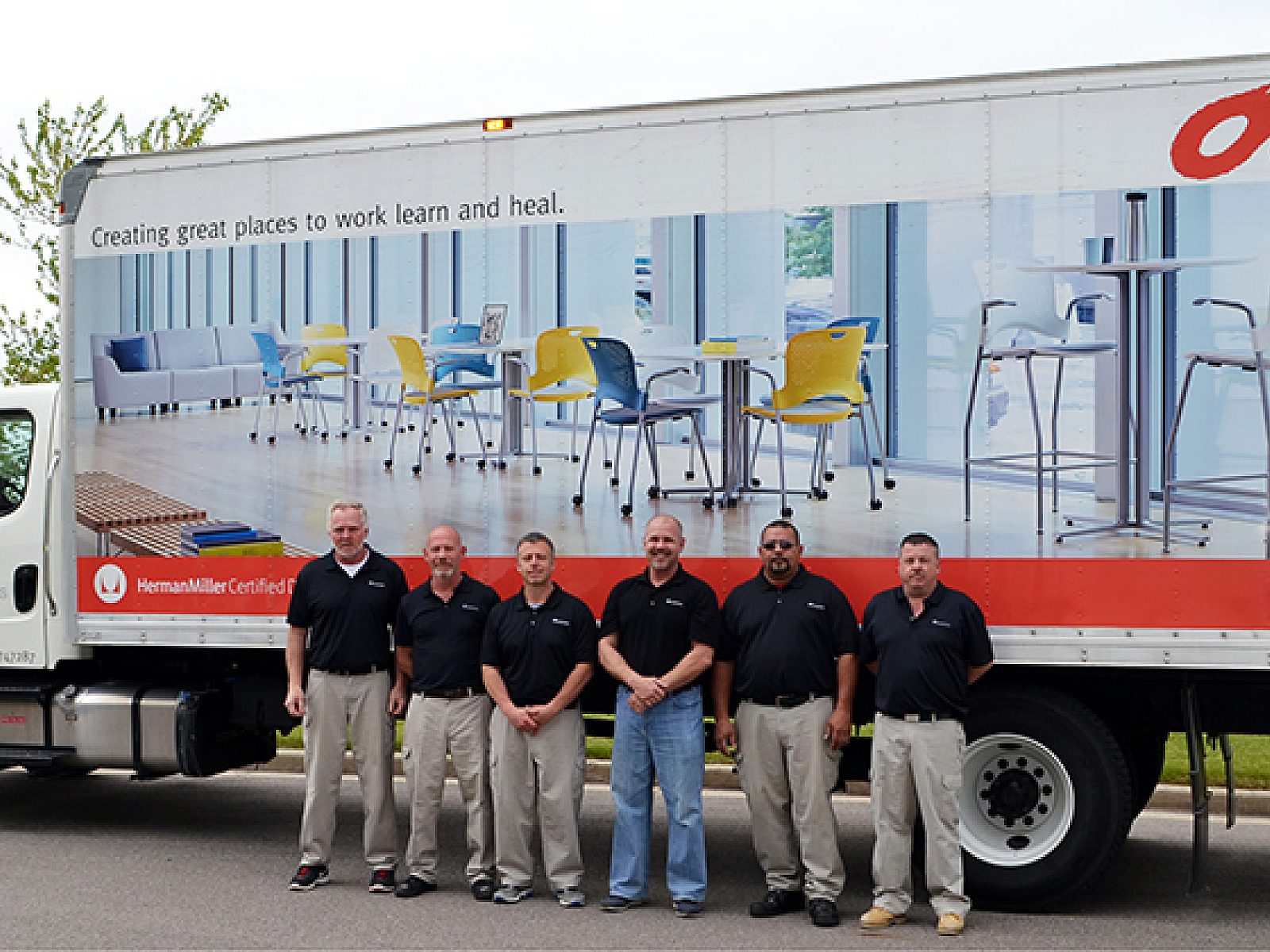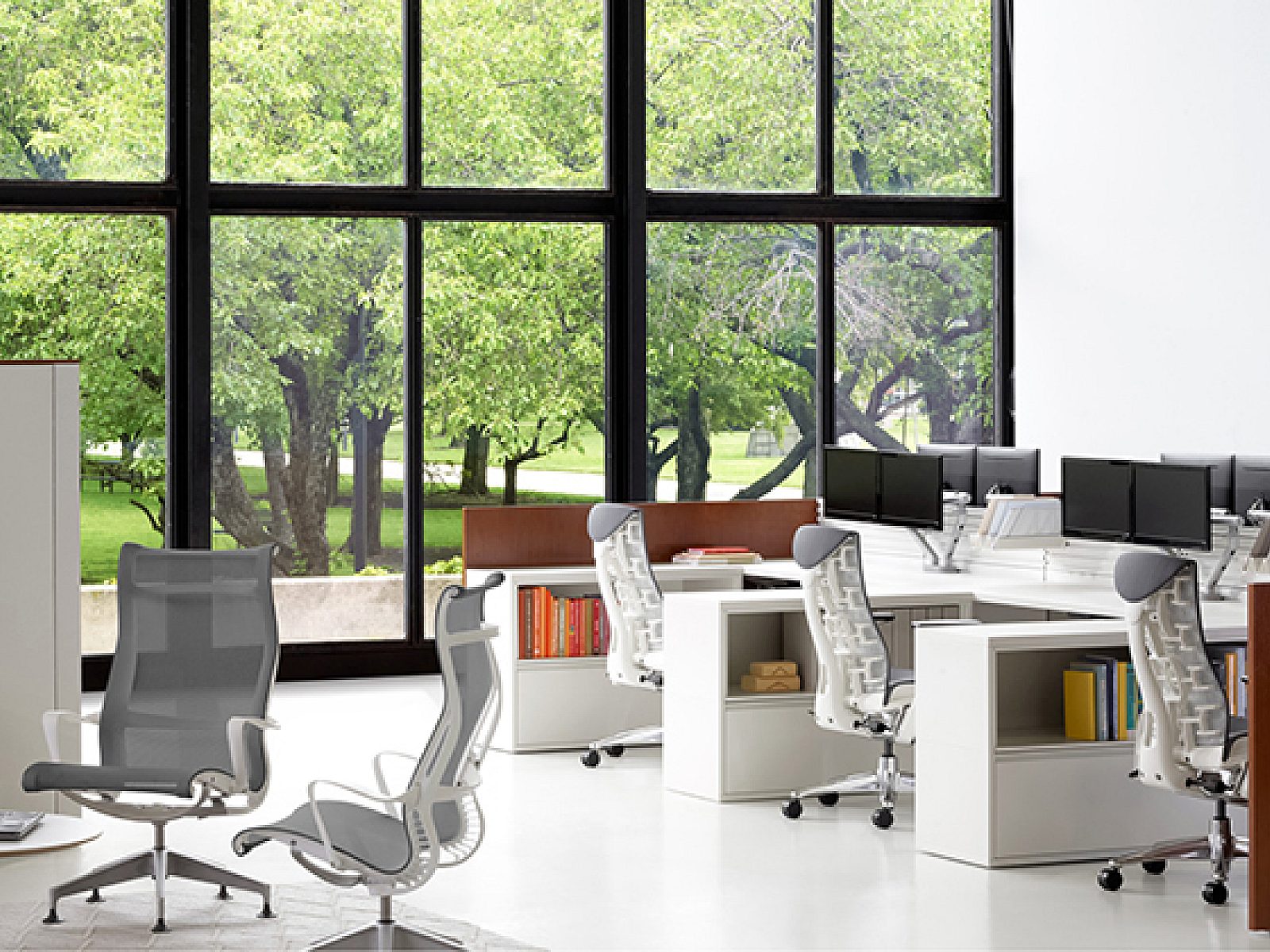Charles & Ray Eames
Through their furniture, corporate projects, World's Fair display, and in the aesthetics of their own California Case Study home, the Eames expemplified modern living in postwar America.

Charles & Ray Eames
Through their furniture, corporate projects, World’s Fair displays, and in the aesthetics of their own California Case Study home, the Eameses exemplified modern living in postwar America. The Eames Lounge and Ottoman, introduced by Herman Miller in 1956, remains a touchstone of American style.



Approach to Modern Furniture
Charles and Ray Eames’ designs were a colorful, ergonomic, and even cozy approach to modern furniture. They pioneered the use of new materials—molded plywood and fiberglass chairs, desks and storage units set on wire frames—challenging old ideas about what furniture should be made of. They met in 1940 at the Cranbrook Academy of Art where Charles intended to study industrial design and Ray was an aspiring abstract painter.



Post War Design
During World War II, the Eameses were commissioned by the Navy to develop splints and stretchers using their molded plywood technique. Once the war was over, they established the Eames Office in Venice, California, and their prototypes became a product in 1946 when Herman Miller introduced the Eames molded plywood chair. With innovative touches like rubber shock absorbers, it seemed to anticipate its user’s comfort. In 1956, they introduced the Lounge Chair and Ottoman. Their riff on a leather club chair, Charles and Ray Eames’ lounge chair remains a beloved piece of 20th-century furniture.



More than Furniture
The Eameses inspiration didn't stop with furniture. They also created a highly innovative Case Study House in response to a magazine contest. Their Pacific Palisades home was filled with flowers, folk art, and Hans Hofmann paintings suspended from the ceiling—the living embodiment of their brand of vibrant, California modernism. They were also design ambassadors, producing a multi-screen presentation inside a dome by Buckminster Fuller for the American Exposition in Moscow in 1959. Their 1977 short film “Powers of Ten” explored scale in nature and design, from the smallest particles to the outer reaches of the universe. The film’s attentiveness and soaring perspective seems to capture the ethos of Charles and Ray Eames furniture: a belief that every gesture matters. “The details are not details,” Charles once said. “They make the product.”
Products by Charles & Ray Eames

Eames Molded Plywood Chairs
The technique Charles and Ray Eames invented to mold plywood veneer into gentle curves resulted in an inviting chair of contoured comfort - and the foundation for a major movement in modern furniture design. The chair, which comes in both dining and lounge heights, adapts easily to a number of settings that require refined, enduring, and versatile seating.

Eames Lounge Chair and Ottoman
The Eames Lounge Chair and Ottoman have their origin in Charles and Ray’s investigations into molding plywood and a desire to improve upon a familiar fixture in many living rooms: the lounge chair. A universally recognized form, the set is available in a variety of veneers, multiple leather options, and two sizes. Whatever selection you make, you can be assured of the quality and authenticity of this design.

Eames Molded Plastic Chairs
Charles Eames said "The role of the designer is that of a very good, thoughtful host anticipating the needs of his guests." With the molded plastic, fiberglass, and wood shell chairs, the Eames created a universal response to what everyone wants from a chair: a simple, gracious form that fits any body and every place.
Interested In Learning More About Charles & Ray Eames?
Connect with the OfficeWorks team today to learn more!

